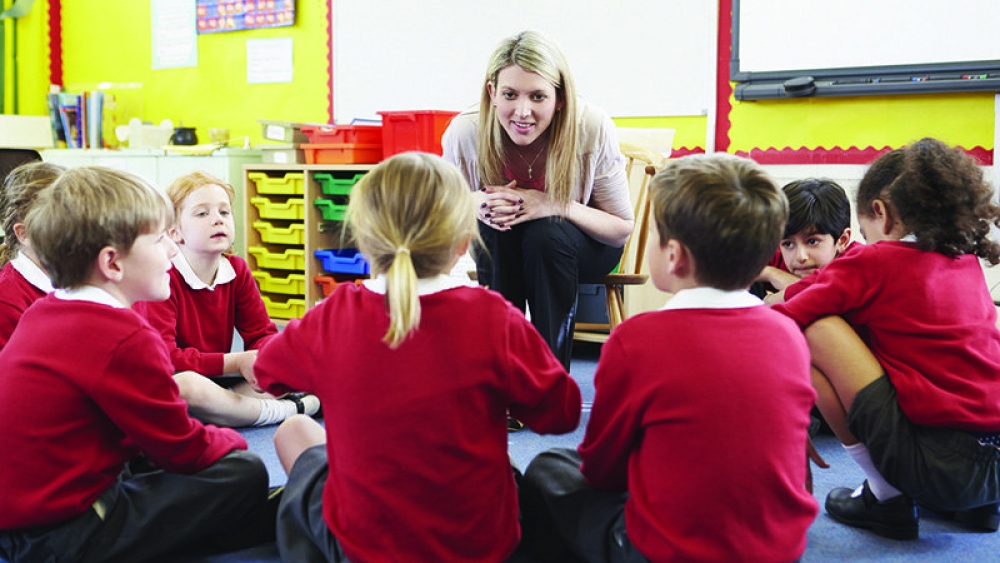All too often, kids believe being active in the classroom or elsewhere is considered bad behavior while sitting still is considered proper behavior. Maria Montessori went to great lengths to teach children as well as parents that this antiquated approach to discipline, in which immobility is equated with good behavior, is wrong. The Montessori approach to improving student behavior maintains a balance between the child’s freedom and the promotion of discipline. Consistent with the Montessori approach, misbehaving children at our Montessori Preschool in Winnetka are treated with respect while being disciplined.
The Montessori Way: Positive and Gentle Discipline
While many teachers and parents often take something away from a misbehaving child as a form of negative reinforcement, the Montessori approach zeroes in on what the child must be taught to do in place of the inappropriate behavior. A Montessori student who misbehaves is shown the consequences of his or her actions with the overarching aim of helping him or her gradually develop inner discipline.
Montessori daycare teachers are trained to use plain English any child can understand to communicate causality. Once a child understands the ramifications of his or her actions, he or she will have a better understanding of why proper behavior is so important. In other words, the focus is on communication and teaching as opposed to verbal punishment or depriving the child of something as a form of negative reinforcement.
Montessori Teachers do not Engage in Power Struggles With Students
The teachers at our Montessori Preschool in Winnetka go out of their way to sidestep power struggles with students. The problem with power struggles is they validate the improper behavior, providing the student with an opportunity to justify the misbehavior in his or her mind while simultaneously occupying the teacher’s limited time. Furthermore, if other children witness a power struggle between a fellow student and the teacher, they will be that much more inclined to replicate the improper behavior to gain the instructor’s attention.
Focus on Positive Feedback for Best Results
Some teachers in traditional education focus on correcting and punishing misbehavior. However, repeated corrections and punishments are time consuming, draining and unnecessary. Constantly correcting students takes a toll on those pupils as well as the instructor. Consider a recent study conducted by academicians at the University of Iowa that found the typical student in a conventional education setting is inundated with 400 negative comments on any given day. The students analyzed for the study merely received 30 instances of positive feedback on a daily basis. These results show the unfortunately egregious imbalance between negative and positive feedback that occurs in traditional education settings.
Montessori Self-Quieting
The Montessori approach to discipline is not completely centered on the teacher’s actions. Rather, part of the responsibility to behave properly and understand why such behavior is necessary is placed on the child. Students at our Montessori Preschool in Winnetka are taught to be self-starters in that they are encouraged to think about why they acted out and subsequently brainstorm solutions to the frustration, anger, disappointment or other negative feelings. When the student has resolved the problem, he or she can resume schoolwork. Such self-quieting hastens the maturation process, forces students to solve their own problems and ultimately promotes constructive thinking.
Learn More About the Montessori Preschool in Winnetka
If you are the parent of a baby or toddler, the time to start planning his or her educational path is now. Our Montessori Preschool in Winnetka is here to provide your little bundle of joy with a foundation for academic, professional and life success. Reach out to us at (818) 717 – 1978 to find out more about our unique approach to education and enroll your child today. If you prefer to contact us online, fill out our contact form and we will be in touch.

